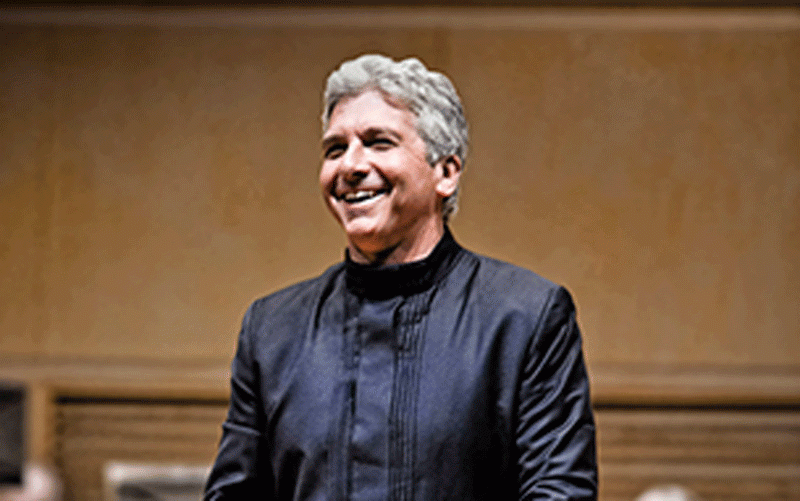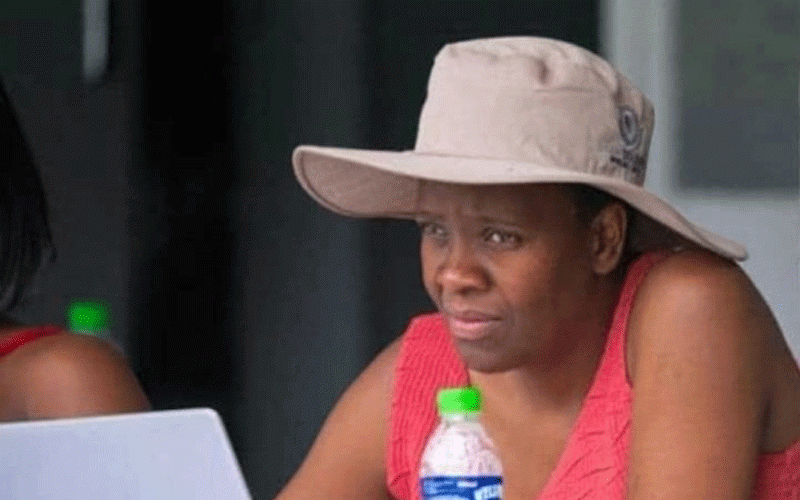
Bruno Senna, the son of Ayrton’s sister Lilian, will make his F1 debut in 2010 with the new Campos team, and inevitably memories of his late uncle will come flooding back.
Bruno bears a striking resemblance to Ayrton, especially around the eyes and mouth, and at the age of 26 he has already proved that he shares some of his intellect as well.
Bruno is an unusually engaging interviewee — all the more so given that he has faced the same questions over and over again throughout his short racing career.
He is under no illusions that, as his debut in Bahrain next March draws closer, the subject of Ayrton and his legacy, and what that means to Bruno, will come up again and again.
But he has never hidden from his famous name, and he addresses what it means to him with patience, equanimity and considered eloquence.
“I started my first race with a film crew on my backside,” he says, “so since the beginning there has been a lot of pressure, a lot of expectation, a lot of demand.
- Chamisa under fire over US$120K donation
- Mavhunga puts DeMbare into Chibuku quarterfinals
- Pension funds bet on Cabora Bassa oilfields
- Councils defy govt fire tender directive
Keep Reading
“It has been a constant in my life — I have always had more attention on me than others on my level.
“I know that in F1 the proportion will be much higher. I am not unaware of that. But I believe I am prepared for it. Every driver who goes into F1 has huge pressure on their back and I believe I can cope with that.
“I have done something like 5 000 interviews in my life, and maybe 99% of them have mentioned Ayrton. “In a way it is bad that they are all asking me about Ayrton, but I believe that as people know me better this will also die down a little bit.
“I believe the best way of creating my own identity and success is to achieve results. F1 is the biggest showcase for that.”
Bruno is open about the fact that the Senna name has helped him attract interest and sponsorship. But it has been a hindrance, too.
Like so many future F1 drivers, he began karting as a boy, but Ayrton’s death, when Bruno was 10, was followed shortly afterwards by that of his own father in a motorcycle accident, and he was forced to stop his nascent career.
He did not take it up again until 10 years later, and he arrives in F1 with comparatively minimal experience in the lower categories of the sport, as explored in a previous BBC Sport interview — to the extent that his already strong CV becomes even more impressive.
It might, then, be tempting to see his graduation to F1 as him fulfilling his destiny, but Bruno himself is more down to earth about it than that.
“No,” he says firmly, “I prefer to think of it as something I have really wanted, and that I have worked hard for. Because even though I have worked for less time than other drivers who have achieved it, it has still been really hard work.
“It has been very demanding, and if I did not love it I would just give up because you lose so much of your privacy and the normal life that everyone likes to have. If you don’t really like it, it’s not worth it.” For a man so apparently at ease in the public eye, it comes as a surprise to learn that Bruno is a fundamentally shy man — a dichotomy he shares with his uncle.
“The fame part of it for me is quite annoying,” he says. “I don’t thrive on being famous because I lose my privacy.
“I have been raised by my grandfather (Ayrton’s father, Milton da Silva), who is the shyest person in the world. It is all a bit outside of my normal operational window, so I have to learn how to live with this and I will sacrifice my privacy for my passion.”
It is clear Bruno does not lack determination — a quality that is a necessity for all top F1 drivers, but one which, in its extreme, famously led Ayrton into controversy. Bruno, though, says he is a less antagonistic character. — BBCOnline.











